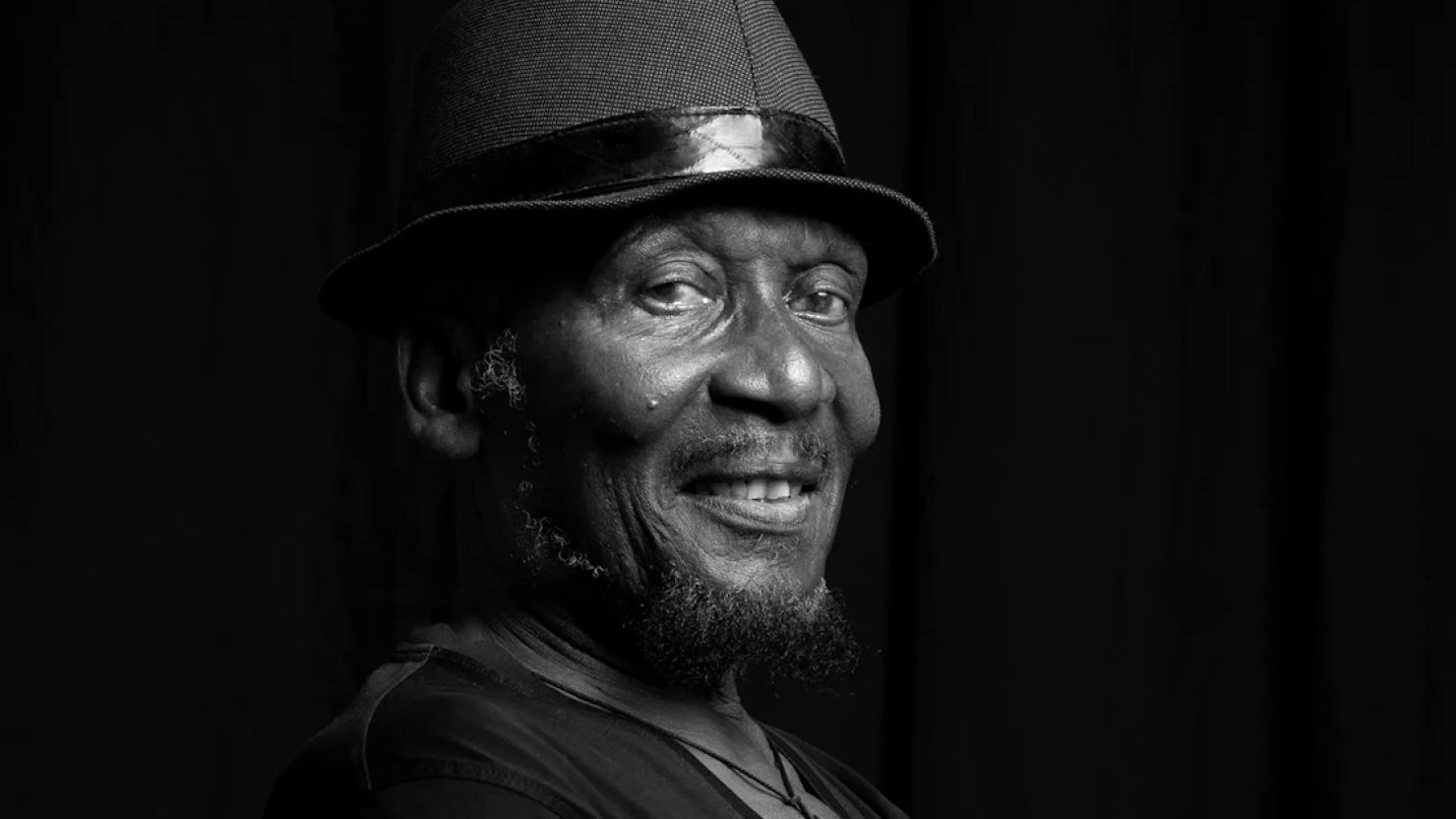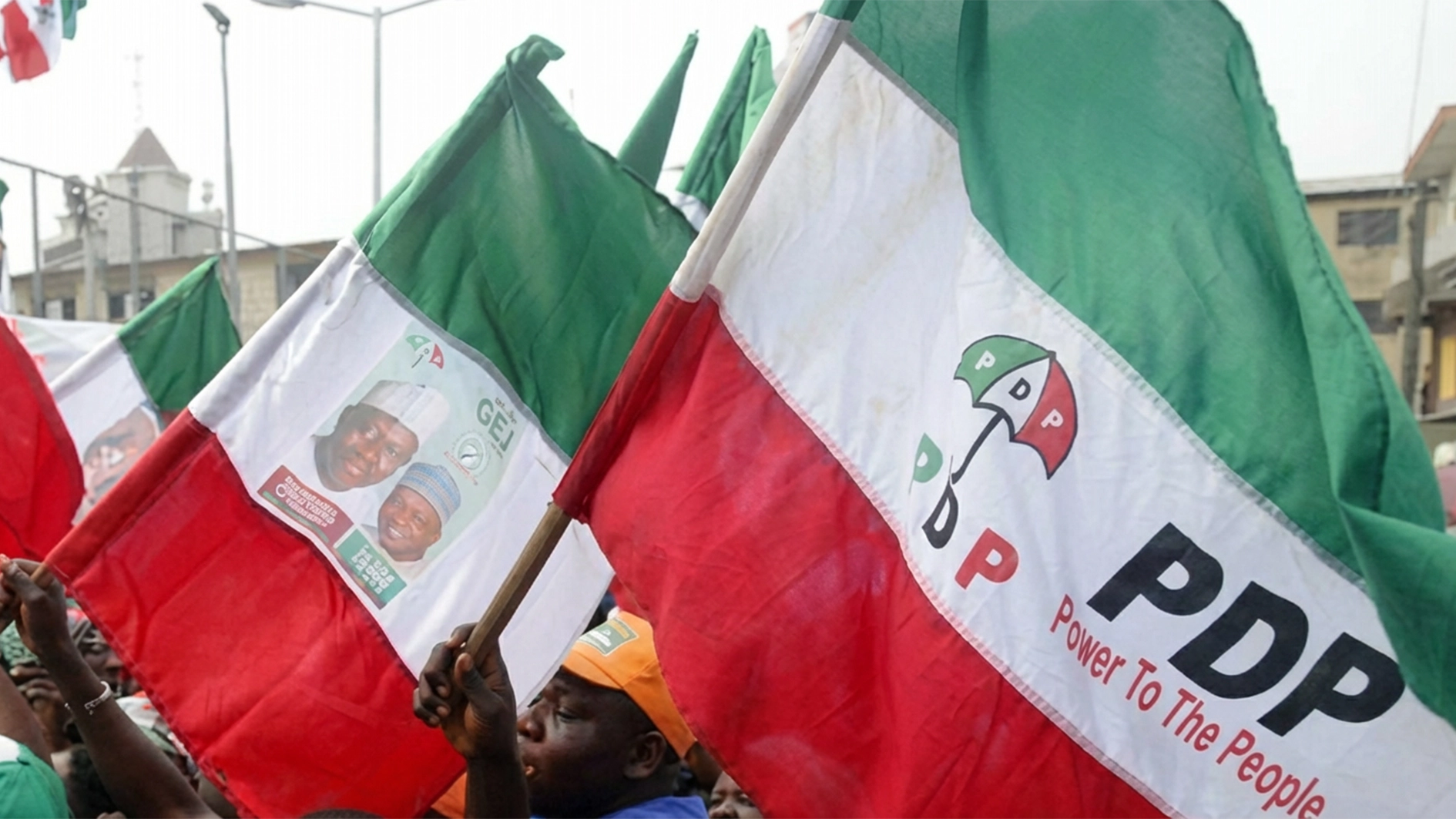
There is little doubt that the executive bills on tax reforms pending before the National Assembly seek to address a sore issue of gross imbalance and deficiency in the country’s tax system, in addition to stimulating the national economy, particularly to encourage the states to maximise and reap from their economic potential. Undoubtedly, many states have been largely complacent on the issue of revenue generation and the need to consciously shape their economy. They need to aspire for the best and to depend less on hand-outs from the centre.
Nevertheless, tax issues can be a bit complex for the populace, even governors, who are used to doing things with a business-as-usual mentality. Moreover, Nigerians are sensitive to reforms that may end up demanding more financial sacrifice from them, given that most Nigerians are already stressed economically. That is why wider consultation is necessary to get all stakeholders on the same page.
Barring concrete proof, it is an exaggeration for the chairman of the Presidential Committee on Fiscal Policy and Tax Reforms, Taiwo Oyedele, to announce that 90 per cent of Nigerians support the controversial tax reform bills at a time there hadn’t been a public sitting in the National Assembly to collate inputs and gauge their reactions from segments of the populace.
In fact, at its meeting on October 31, the National Economic Council (NEC), chaired by Vice President Kashim Shettima, advised the Federal Government to withdraw the tax reform bills from the National Assembly to give room for consultations, consensus building and understanding of the details by Nigerians. The 36 governors are members of the NEC, and they represent a majority of Nigerians. That NEC position was arrived at after a presentation to the body by the tax reforms committee chair, Oyedele. In that wise, the subsequent town hall meeting seeking public support for the bills is unnecessary and could send wrong signals on the reforms.
Similarly, the response of the Presidency to NEC’s position to withdraw the bills is not the best. Mr Bayo Onanuga, a spokesperson of President Tinubu, said, contrary to NEC’s advice, that the President will not withdraw the bills from the National Assembly but would allow the lawmaking process to take its course while inputs and necessary changes are made.
The Northern Governors’ Forum and leaders had, on October 28, declared a lack of confidence in the proposed reforms and had called on members of the National Assembly from the North not to support the bills. A significant criticism of the bills is the proposed sharing formula for Value Added Tax (VAT), which is suspected to favour some states disproportionately. The current sharing model is based on equality and population, and is blamed for states’ inability to be productive and enterprising.
Given the economic hardship in the land, the proposed increase in VAT from 7.5 to 10 per cent in 2025, 12.5 per cent in 2026, and 25 per cent from 2030 will no doubt be an added burden to the economic hardship in the country. This is the fear of some interests in the North and among economists nationwide. The suspicion in the North that a new VAT sharing formula, as proposed, could weaken the earning capacity of states should be addressed with sound arguments and empirical data. There is also a need to educate and enlighten the people as every opinion must be accommodated in fashioning out a new tax regime for the country.
The intention behind the reforms has some merit; embedded in the bills are germane propositions needed to put the country on the path of equity and fiscal growth. Nigeria should not remain static with old tax laws, particularly the Taxes and Levies Decree of 1998, some provisions of which are now obsolete.
It is, therefore, important that all segments take time to study the bills to reach a consensus on the reforms. The bills: Joint Revenue Board of Nigeria (Establishment) Bill, 2024; Nigeria Revenue Service (Establishment) Bill, 2024; Nigeria Tax Administration Bill, 2024; and Nigeria Tax Bill 2024, as presented, have a combined effect to effect substantial change in the country’s tax administration, in collection and distribution across the tiers of government.
The bills seek to harmonise collection, reduce the tradition of multiple tax burdens on companies, and prepare the system for compliance with global standards. This is one aspect that hampers investment flows, and it is hoped that improved tax laws will lead to ease of doing business in the country. The proposal to benefit companies with annual revenue turnover below N50 million with exemption from tax payment is a long-needed stimulus for capacity expansion. Added to that is the relief for those who earn less than N1.7 million yearly.
The bills seek to, among others, create a central revenue service that will promote ease of doing business and institute a central collection system for revenues, including those currently collected by agencies like the Customs and the ports authorities.
It would appear that the proposed graduated VAT increase complies with the International Monetary Fund’s recommended plank of a 15 per cent tax-to-GDP average for countries. Nevertheless, Nigeria’s current tax-to-GDP ratio is between 6.7 per cent and 10.8 per cent, which is among the lowest globally. The desire is to grow it to at least 18 per cent tax-to-GDP by 2027.
Still, not every recommendation by the IMF is well-meaning or suitable for developing countries, especially those with high poverty and misery index. According to the World Bank, Nigeria has a poverty rate of 38.9 per cent in 2023, the second largest after India. Wages in Nigeria are also among the lowest in the world. Therefore, the authorities cannot adopt global recommendations without considering local peculiarities, including an unprecedented high cost of living.
Given the high poverty level in the land, the government should focus more on creating opportunities for citizens to be productive and to alleviate hardship. The government must be systematic about the reforms because even in developed societies, taxes are sensitive subjects, usually well debated before adoption.
Finally, proponents and opponents of the reforms should remember that Nigeria remains a federal system. Every reform at this point should be geared at restoring the country to a true federal system.






